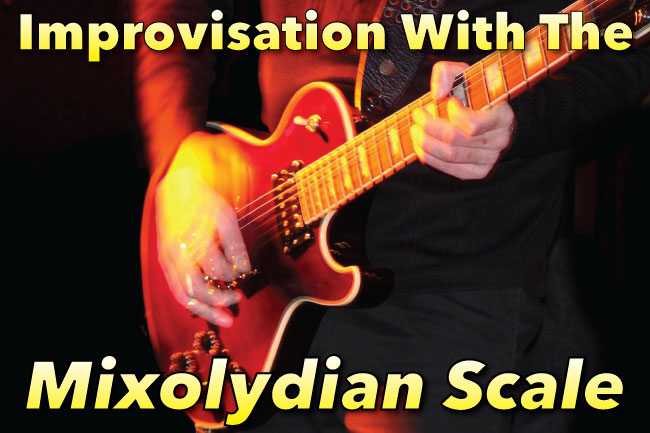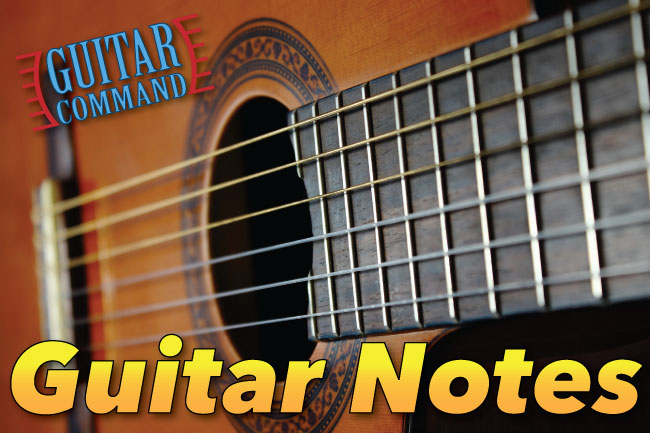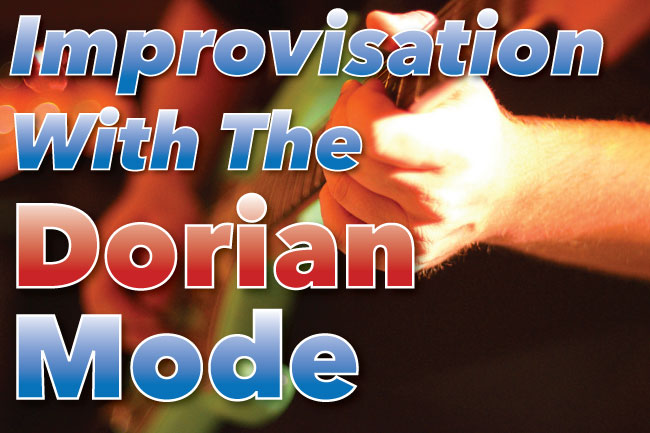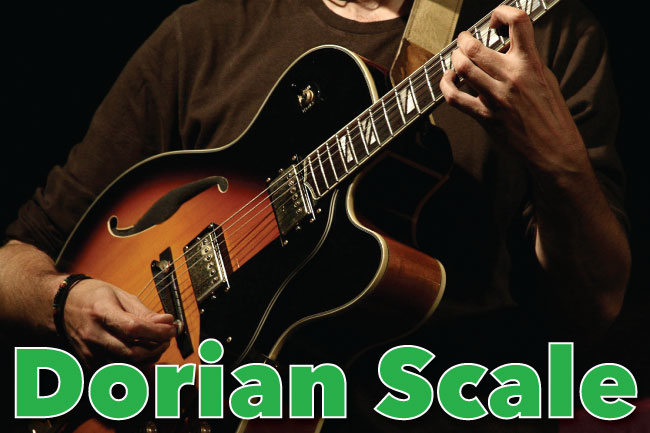This is a guitar lesson on improvisation with the Mixolydian scale. It includes an example solo and backing tracks that you can play along with.
Guitar Practice
If you want to learn the guitar quickly and effectively, you will have to master the art of separating guitar practice from guitar playing. Due to the highly accessible nature of the guitar, it is extremely easy to slip into ‘playing’, rather than ‘practising’ mode. Playing is all very well, but if the aim is …






